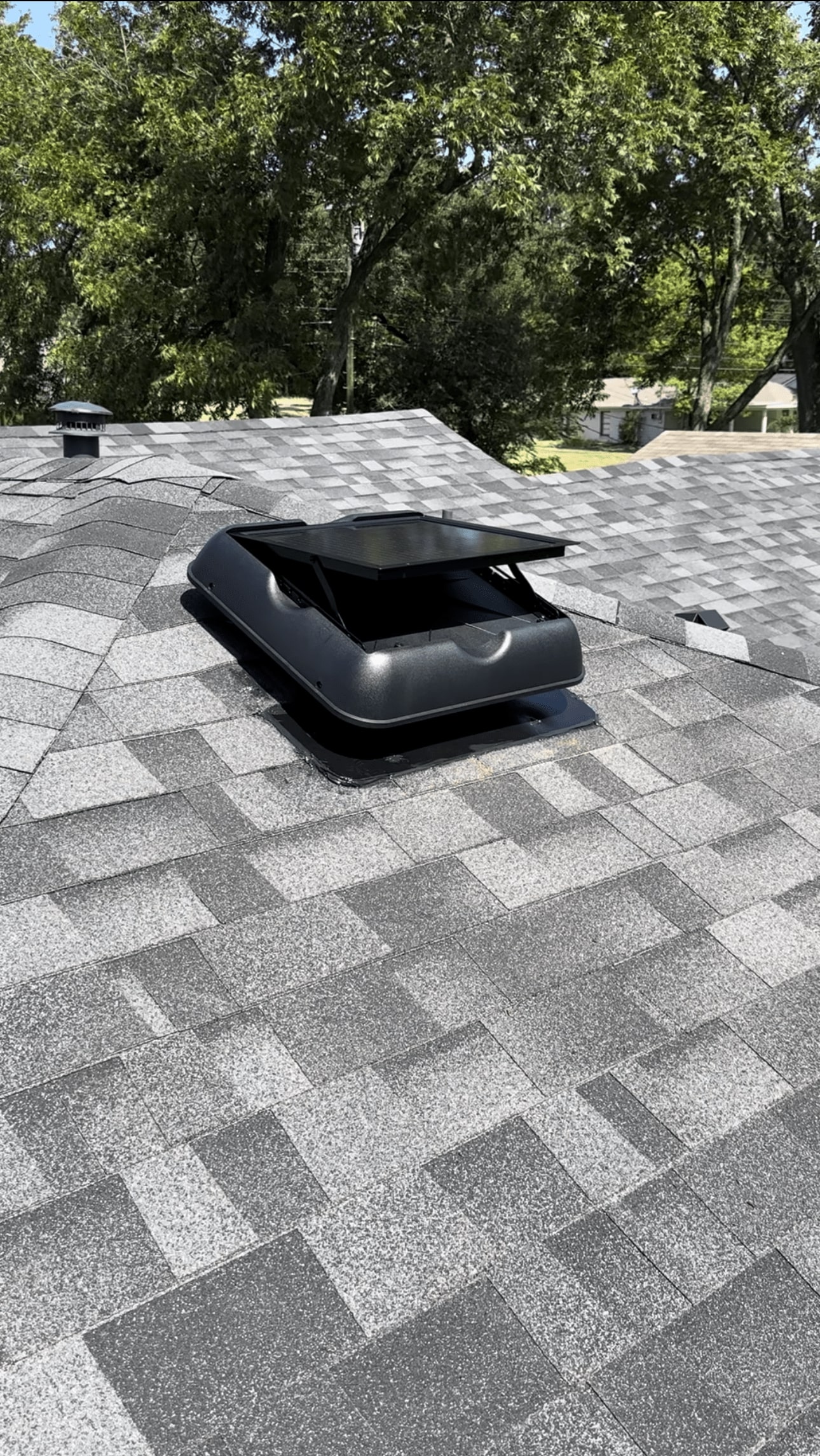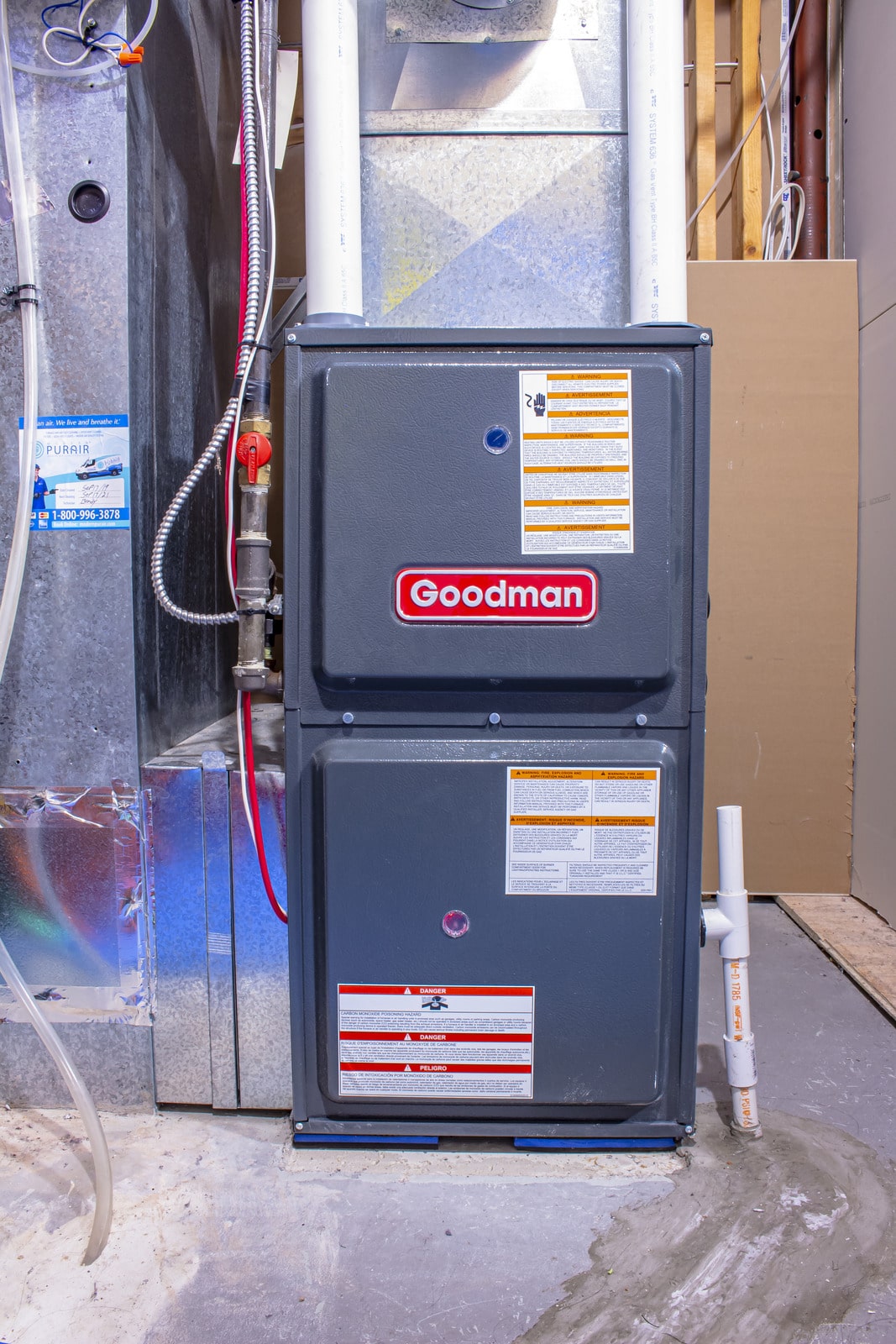An Unbiased View of Green Attics
Table of ContentsSome Known Questions About Green Attics.More About Green AtticsExamine This Report about Green AtticsGreen Attics - TruthsSome Known Details About Green Attics Some Ideas on Green Attics You Need To KnowGreen Attics Can Be Fun For Everyone
Building codes call for that air spaces between smokeshafts and floor or ceiling settings up via which they pass be secured with a non-combustible fire quit (see Figure 5-3 and Number 5-4). There is typically a gap in between the celebration wall (such as the common wall surface between units in duplexes, triplexes and row homes) and the side of the attic flooring.
A heavy polyethylene sheet which is caulked with acoustical sealant and stapled to the ceiling encloses the electrical box. An electrical cable diverts from the electrical box and down with an opening into an indoor wall surface. Openings around electric cords are full of caulking or foam sealer, and caulking seals gaps along the top of the indoor walls.
After air securing, attic room ventilation is your 2nd line of protection against the water vapour that might have discovered its means right into the attic room. It makes sure a chillier, well-vented attic area much less susceptible to the formation of ice dams at the eaves.
Green Attics Fundamentals Explained
You may need to find roof covering or soffit vents from outside if they are not clearly noticeable from inside the attic room. Homes with peaked roofing systems and obtainable attics are the most convenient to air vent by using the ratio of 1 to 300. This ratio describes unblocked air vent area to the shielded ceiling location.

The place of vents is as important as their number and type. Commonly, a mixture of kinds and areas will work best. The adhering to Parts detail the very best method depending on your attic type. After you have actually evaluated the attic room and brought out any type of therapeutic work, emphasis initially on air and wetness control.
Getting My Green Attics To Work
On the various other hand, spray foam provides air securing and a preliminary layer of high quality insulation that can be covered approximately the preferred RSI (R) degree. If the attic retrofit is being finished combined with interior renovations, the most convenient technique is to mount a new, solitary air and vapour barrier on the bottom of the ceiling joists.
Spray foam or stiff board insulation can aid bridge the gap in this location. Cut rigid board to fit between the ceiling joists and to prolong from the outside wall surface leading plate towards the attic.
Eliminate existing insulation from the area you are working on and establish it to one side. Caulk all sides, voids and joints, see Numbers 5-10 and 5-13.
Spray foam professionals can set up closed-cell foam between the joists to air seal and add insulation at the exact same time to the ceiling. All existing insulation and dust need to be gotten rid of initially to permit an excellent bond. A minimum of 50 mm (2 in.) is required; leading up with other insulation afterwards.
5 Simple Techniques For Green Attics
(https://www.pinterest.com/pin/873135446534658482)
This gets rid of roofing system airing vent and produces what is called a warm roofing system, where the attic room area comes to be part of the conditioned (warmed and cooled) house room. This process might appropriate for some attic rooms, but do not continue without authorization from your structure examiner, and check over here after that only make use of a certified spray foam specialist who is familiar with the procedure.
If there are obstructions over the joists, such as with a truss roof, it may be most convenient to put batt insulation into the joist spaces and afterwards use loose-fill insulation to produce a full blanket of insulation above the joists and around all obstructions. Loose-fill insulation is also excellent on its own, particularly in irregular or blocked spaces.

Green Attics Can Be Fun For Everyone
Use baffles between each rafter room to stop it from being obstructed (see Number 5-11). Shield over and below cross bracing, splitting or reducing the batt to fit the cross supporting as shown in Number 5-12. Additionally, cut one batt into a collection of wedges and after that fit a wedge under each support.
The first layer of batts must be thick enough to totally fill to the top of the joist room. The second layer can then run perpendicular across the joists to block any kind of warmth circulation with and around the joists (see Figure 5-13). Duct cleaning. Ensure that there are no spaces in between both layers of insulation
Apply covering insulation similarly as batts. It may be pre-cut with a blade or cut instantly. Beginning at one end of the attic and spread out the covering. Number 5-11 Baffles can be made use of to maintain air flow with the soffit vents Text variation Cutaway of baffles between attic roof covering joists with arrowheads indicating air movement traveling from the exterior, with an air vent in the ceiling overhang, and over the baffles.
Green Attics - An Overview
Figure 5-13 The leading layer of insulation runs vertical down layer Text variation Illustration of layers of batts of insulation in between and over attic room joists. Batts on top of joists are vertical to batts between joists. A polyethylene sheet is laid under both layers of insulation and affixed to the top of attic joists by caulking and staples.

If the loosened fill is deeper than the joists, construct insulation framework (a baby crib) around the attic room hatch so that it can be filled to the side (see Number 4-7). The bags of insulation material will list the number of square metres (or square feet) each bag need to cover to supply the required RSI value.
See This Report on Green Attics
If you are having a professional do the work, calculate the RSI worth that you want and inspect the bags of insulation to be made use of. They should show the area that one bag will cover at the selected protecting value. You and the contractor should after that settle on the total number of bags to be made use of, the anticipated protecting value and the minimal settled depth of insulation throughout the attic, based upon a certain thickness.